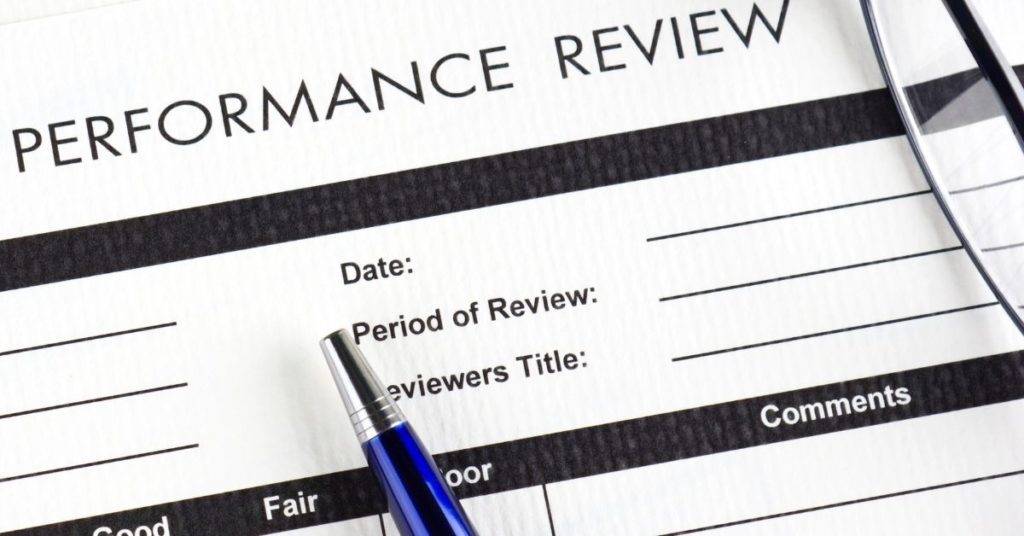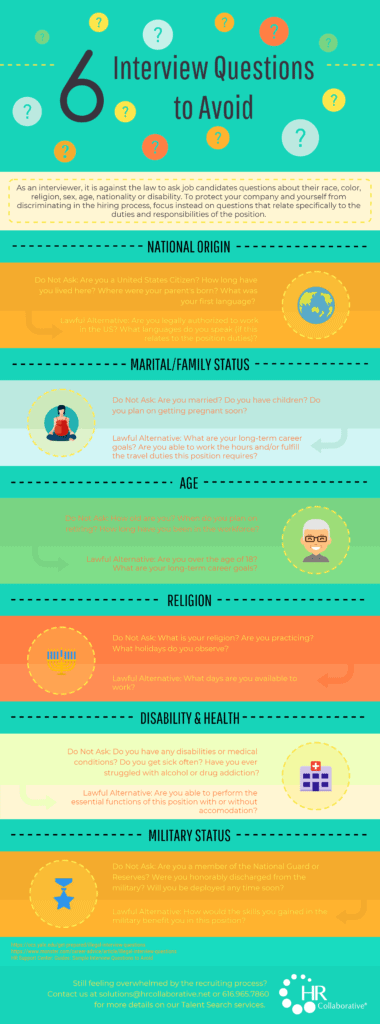What Is a Professional Employer Organization (PEO)?

Navigating the complexities of HR can be challenging for any organization, especially small to mid-sized businesses. One potential solution is working with a professional employer organization (PEO). Depending on the situation, PEOs can be a solid solution when your organization needs help with compliance, hiring, or internal process updates.
We’ll walk you through the pros and cons of working with a PEO and how to determine if they’re the right choice for your organization.
What Is a PEO?
A professional employer organization seeks to create a one-stop shop for businesses looking to streamline their back-office functions while lowering the cost of insurance. PEOs provide outsourced HR services, including payroll, benefits, hiring, compliance, risk management, and training. By entering into a co-employment arrangement, the PEO becomes the employer of record for tax purposes, while the client company leases the employees and maintains control over day-to-day operations and employee management.
The PEO typically provides a payroll contact and an account manager who is available to answer HR-related questions. The partnership is designed to allow the business to focus on their core operations while the PEO manages HR tasks. The PEO typically charges a fee based on a percentage of the total payroll or a flat fee per employee.
Benefits of PEO Services
Cost Savings
PEOs can help businesses save money by leveraging their purchasing power to negotiate better rates for employee benefits and workers’ compensation insurance. They can also reduce the administrative burden and associated costs of managing HR in-house. To achieve these economies of scale, PEOs provide standardized benefits and administrative processes across all of their clients.
Regulatory Compliance
A PEO stays abreast of the latest in employment laws and regulations to ensure that their clients remain compliant and avoid costly fines and penalties. Often, PEOs will only operate in a single state because of the regulatory complexities across states.
Efficiency
By outsourcing HR functions to a PEO, businesses can streamline their people operations and reduce the time they spend on administrative tasks such as payroll and benefits administration. This outsourcing can lead to greater efficiency and allows leadership to focus on more strategic initiatives.
Employee Benefits
PEOs offer access to a wider range of employee benefits, often at more competitive rates than small businesses could obtain on their own. These benefit packages can help improve employee satisfaction and retention.
Risk Management
PEOs take on the management and risk mitigation associated with employment, such as workplace safety, employment practices liability, and compliance with labor laws.
PEO vs. Fractional HR
While both PEOs and fractional HR services provide outsourced HR, they operate differently. PEOs enter into an arrangement to take on many employer responsibilities and offer HR services. In contrast, fractional HR services provide part-time HR strategy and support on an as-needed basis, without entering into a co-employment relationship.
When to Choose a PEO
PEOs can be a beneficial solution for many small and mid-sized organizations who don’t have the headcount, time, or experience to effectively manage the many compliance requirements in terms of HR. They typically offer extensive services and benefits, which can be a solid choice for businesses looking for a holistic HR solution. They can also provide leaders with peace of mind and help to reduce costs in some instances.
PEO clients often have a small headcount with all employees within one state and have relatively simple employee classifications, benefits, compensation, and compliance needs.
When to Choose Fractional HR
While PEOs can be a great fit for small businesses, there are some drawbacks. The biggest drawback is that PEOs typically follow a one-size fits all approach, in which they can only achieve their economies of scale by offering all of their clients the same cookie-cutter benefits regarding benefits, payroll, and more.
Fractional HR offers a more flexible and cost-effective solution for businesses that need HR expertise without full-scale outsourcing. Through a fractional HR engagement, you have access to HR experts who work with any of your already established partners (versus having to convert to a PEO’s providers). They can ensure that your organization’s unique policies, processes, and offerings are compliant, robust, and aligned with your culture, budget, and mission instead of a cookie-cutter people operations model
A fractional HR management partner also focuses on much more than just administrative record-keeping and systems—without the hassle of becoming the “employer of record.” Leaders who highly value their talent and who want to attract, develop and retain great team members are better served by an HR management partner.
Fractional HR can help with:
- Refining your people strategy to fit your business objectives
- Fostering your culture
- Improving employment branding and recruiting strategies and tools
- Implementing systems and solutions that are specific to your unique industry and organization
- Employee relations management, including performance, leaves of absence, discipline, and more
- Implementing HR best practices that align with your culture, objectives, etc.
- Creating custom training and talent development offerings, including leadership development and executive coaching
- Recommending HR-related technology to enable self-service and streamline HR processes
When to Transition from a PEO
As businesses grow and their HR needs become more complex and unique, they may find that a PEO no longer fits their needs. Transitioning from a PEO to a fractional HR model can provide greater control over HR functions and allow for more tailored HR strategies. This transition typically occurs when businesses reach a certain size or complexity that requires HR operations tailored to their unique organizational needs.
Talk to the HR Experts
Whether you’re considering a PEO, fractional HR, or transitioning from one HR model to another, consulting with an HR expert can provide valuable insights and guidance. Contact us today to discuss your HR needs and find the best solution for your business.
Share This Article
































































































